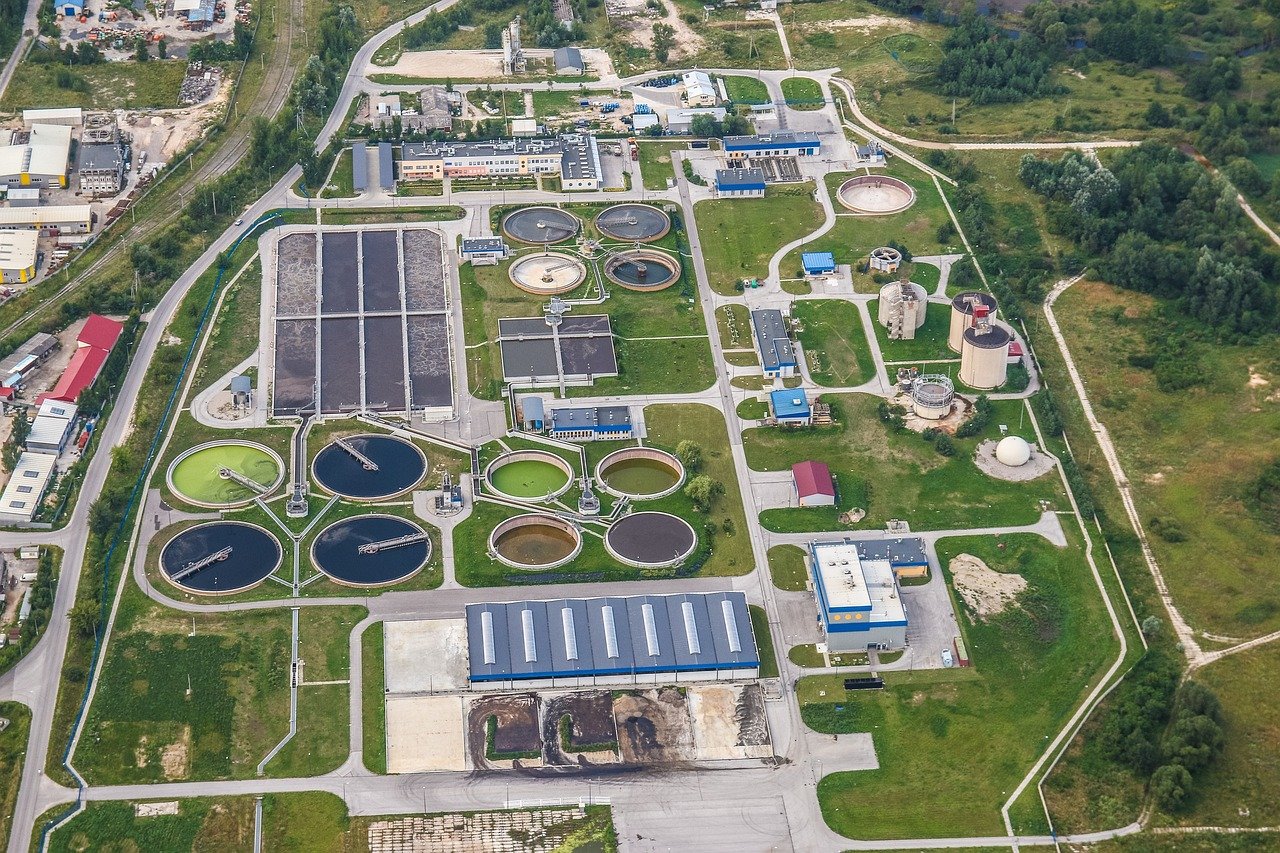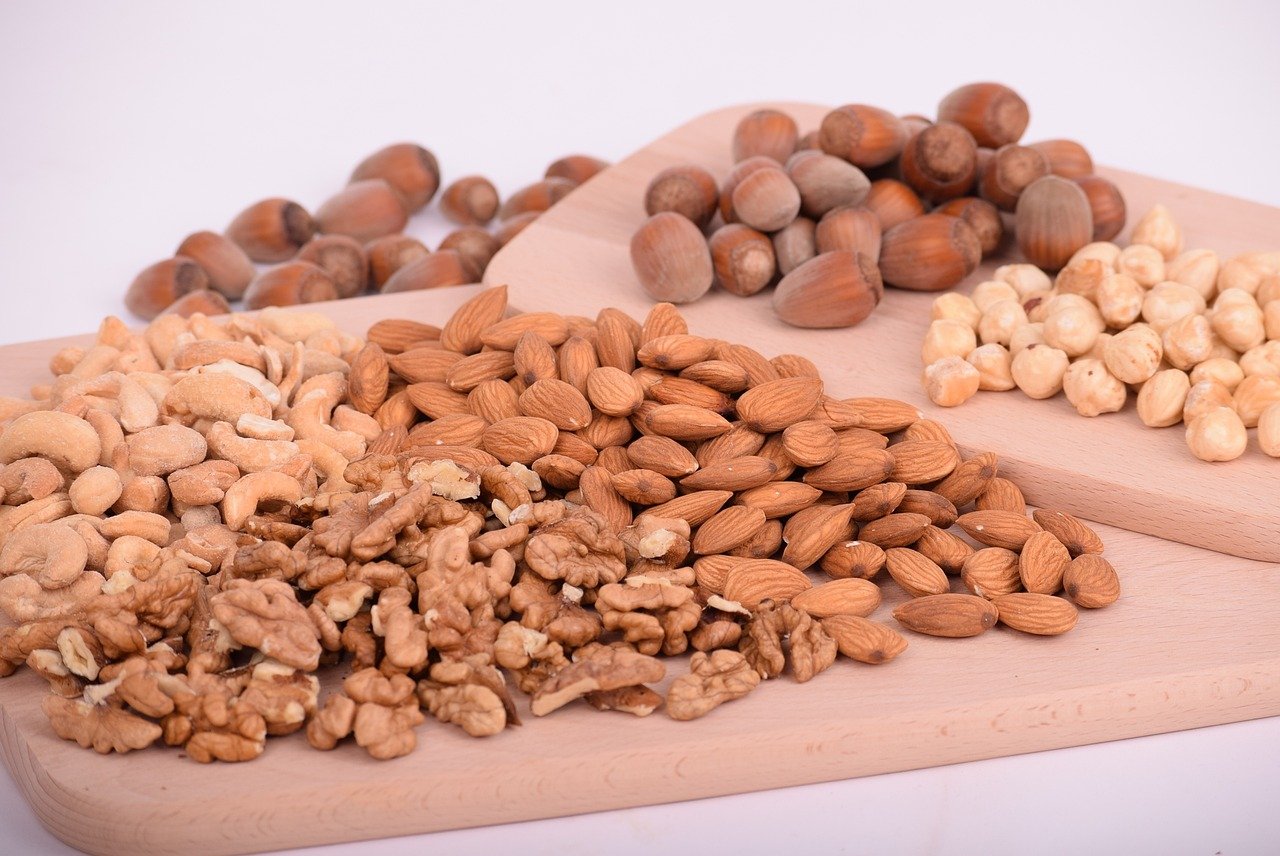Apple : Nutritional Composition and Health Benefits
Introduction Apple, an important temperate fruit, is renowned for its health benefits due to its rich nutritional composition and phytochemistry. Highly produced in China, it is cholesterol-free and rich in flavonoids, anthocyanins, and dietary fiber. Apples also have therapeutic effects like cholesterol lowering, hypoglycaemic activity, and cardioprotection. They also aid in depression, obesity, constipation, and … Read more







